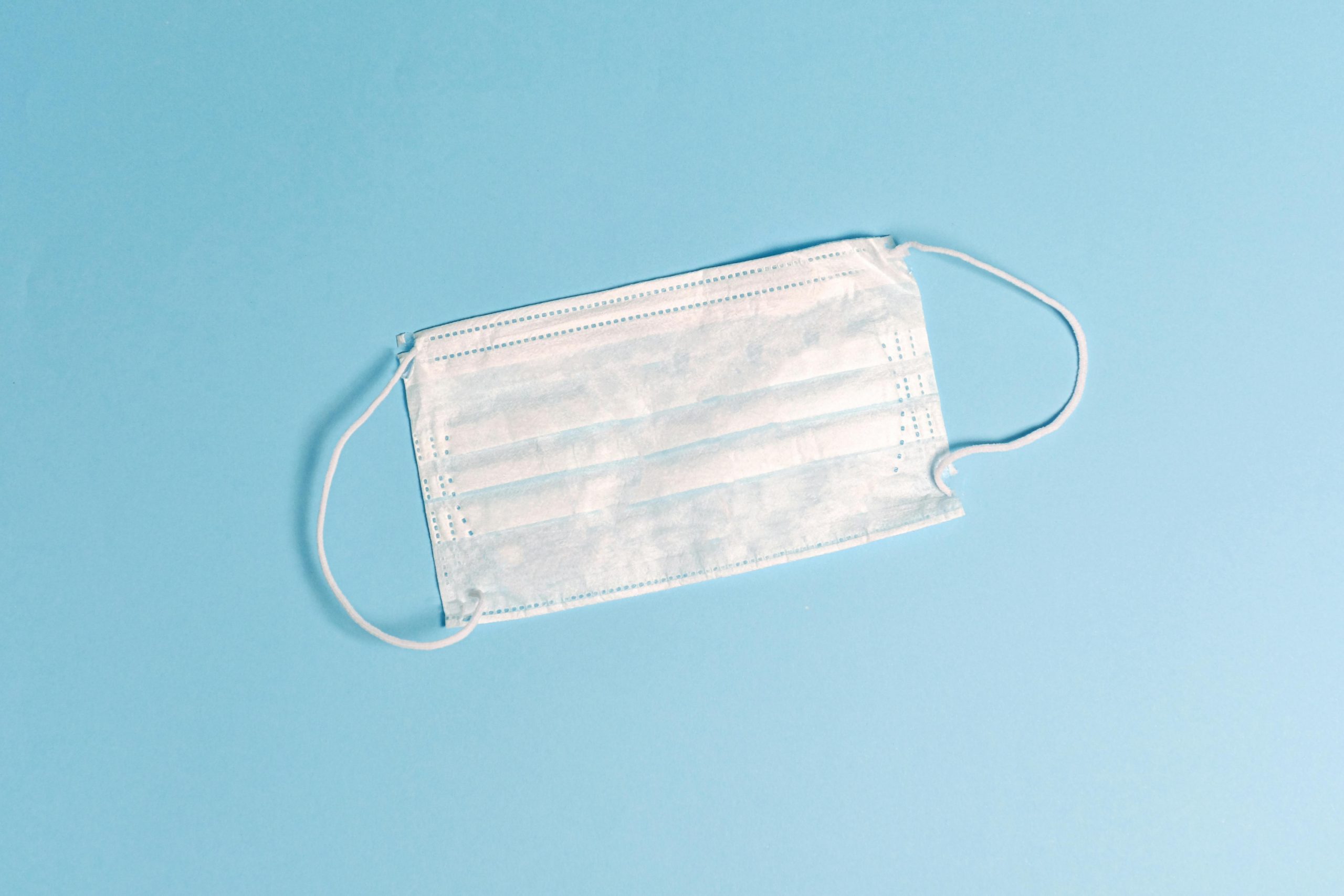This article was published on Sun 24 May 2020. At the time of publishing, this article was true and accurate, however, over time this may have changed. Some links may no longer work. If you have any concerns about this please contact us
We are naturally doing everything we can to ensure the safety and wellbeing of our colleagues and, at the same time, focusing on maintaining the service we provide to you, our Members and customers. Read more information on how we will be supporting you directly.
Guidance for the Police family
As frontline officers and staff, you are playing a critical role in the response to this crisis, it is therefore even more important for you to say fit and well and to look after all areas of your health during this difficult time.
For Police specific guidance, take a look at the links below:
Physical health
Research shows that being sedentary is bad for your health, so ensure you keep active at home. Exercise helps both your physical and mental health, if you can go outside, go for a regular walk or do some online exercise classes.
Think about what you’re eating and where possible eat a balanced diet. Whilst food supplies may be limited, think ahead and plan your meals.
Limit your alcohol intake. In uncertain times like these it can be tempting to reach for a bottle to cope with the boredom and uncertainty but alcohol impacts your immunity and reduces your body’s ability to fight off disease.
Mental health
During this time, you may be bored, frustrated or lonely. You may also feel low, worried, anxious, or be concerned about your health or that of those close to you.
Everyone reacts differently to events and changes in the way that we think, feel and behave vary between different people and over time. It’s important that you take care of your mind as well as your body.
Tips to help if you’re worried about coronavirus:
- Keep a routine
- Maintain social contact by text, Skype or phone
- Avoid family arguments
- Plan ahead
- Don’t watch too much news
- Manage your fears
Looking after your finances
As the outbreak continues to take its toll on life and the economy you may be worrying about what the financial impact is for you or your family members.
For tips on keeping your finances in check during this time, see our guide in the useful resources section.
As always we’re here to help, visit policemutual.co.uk, call 01543 441 630









